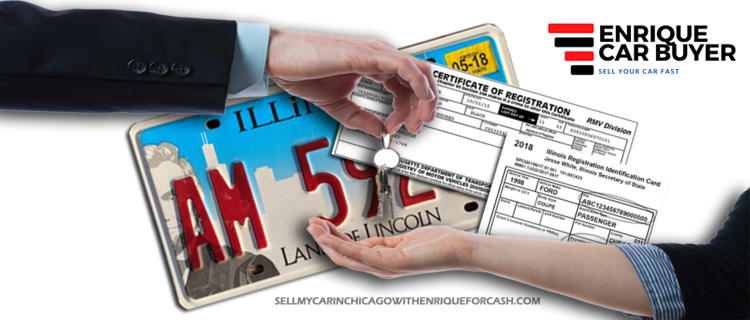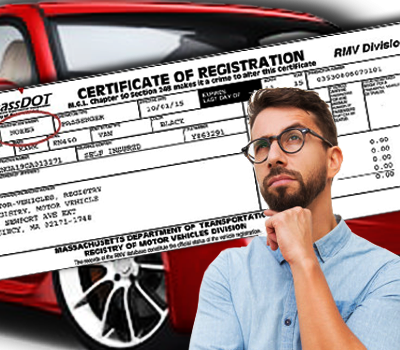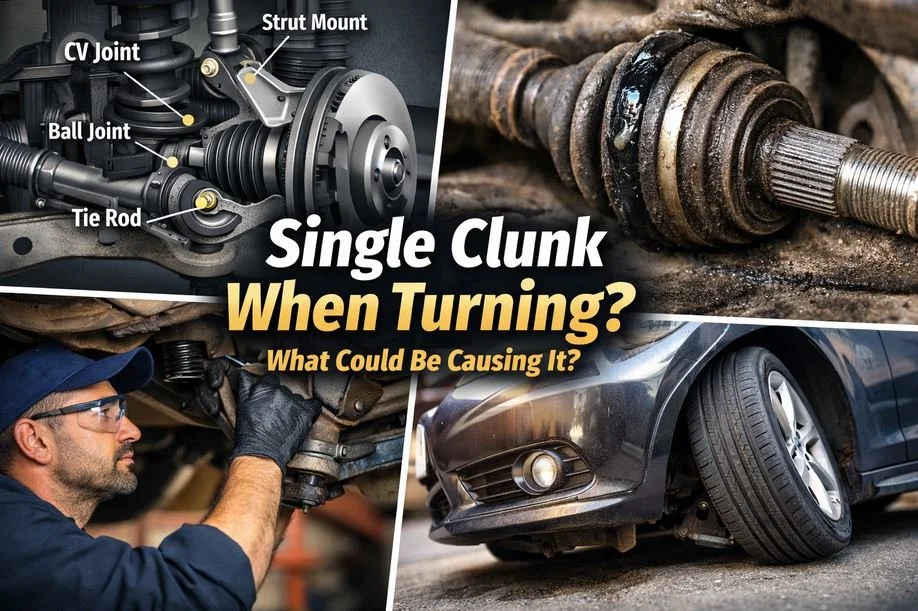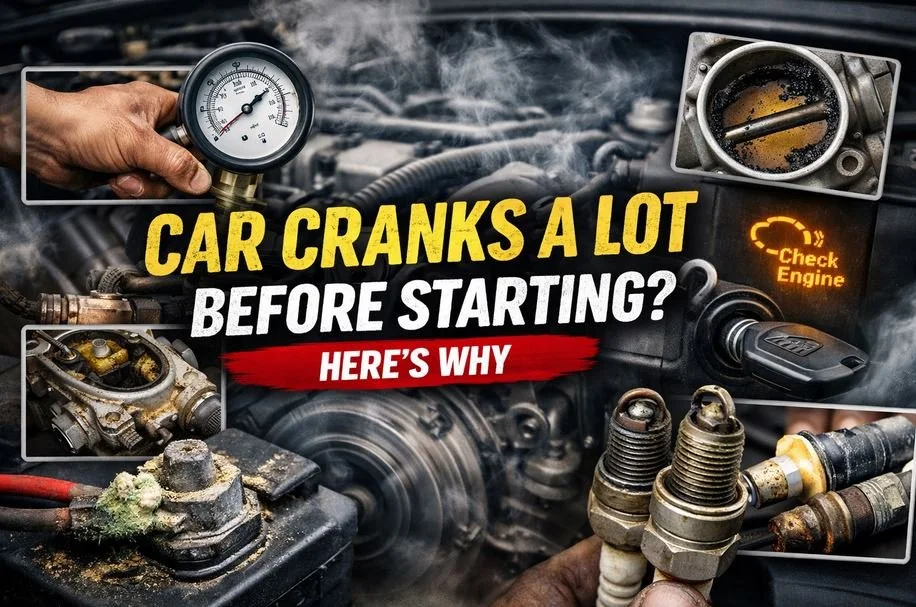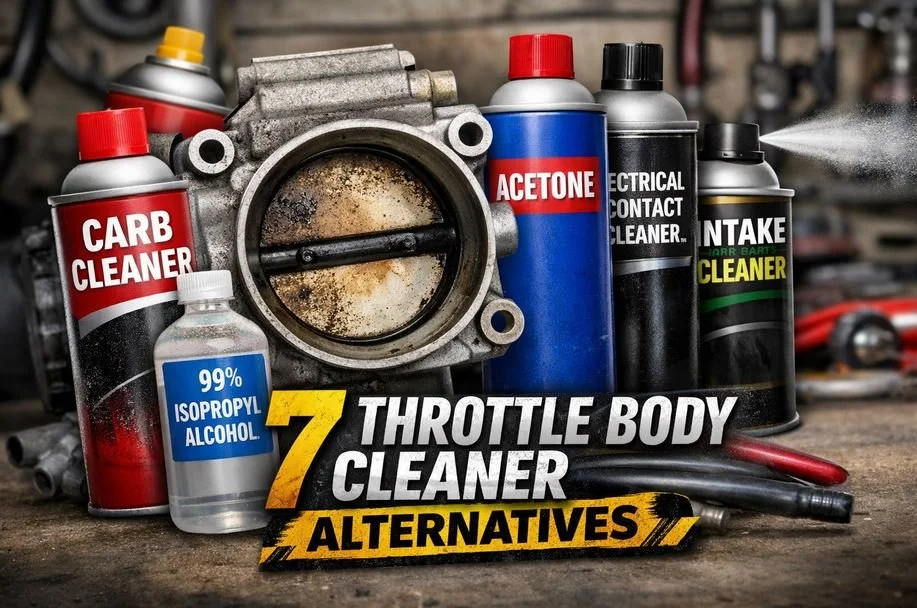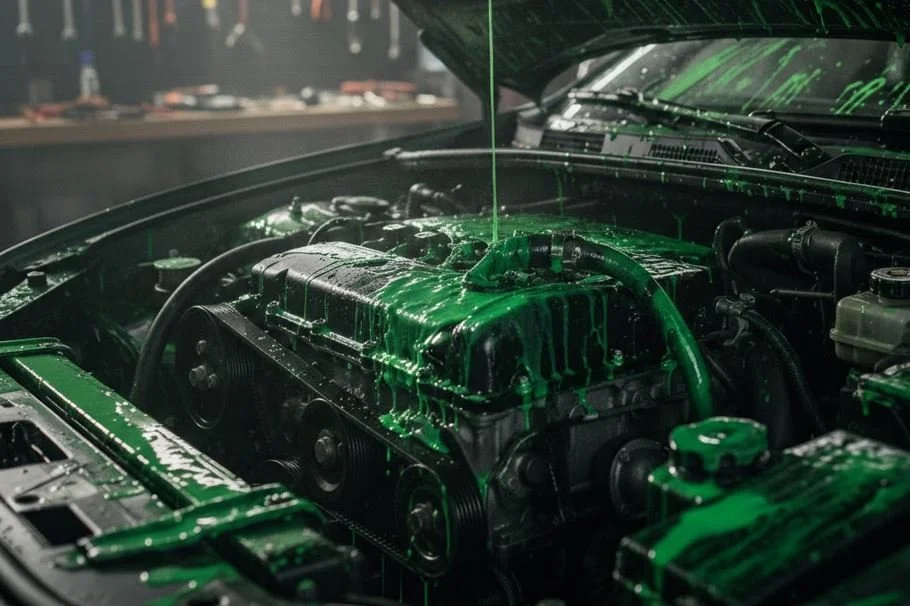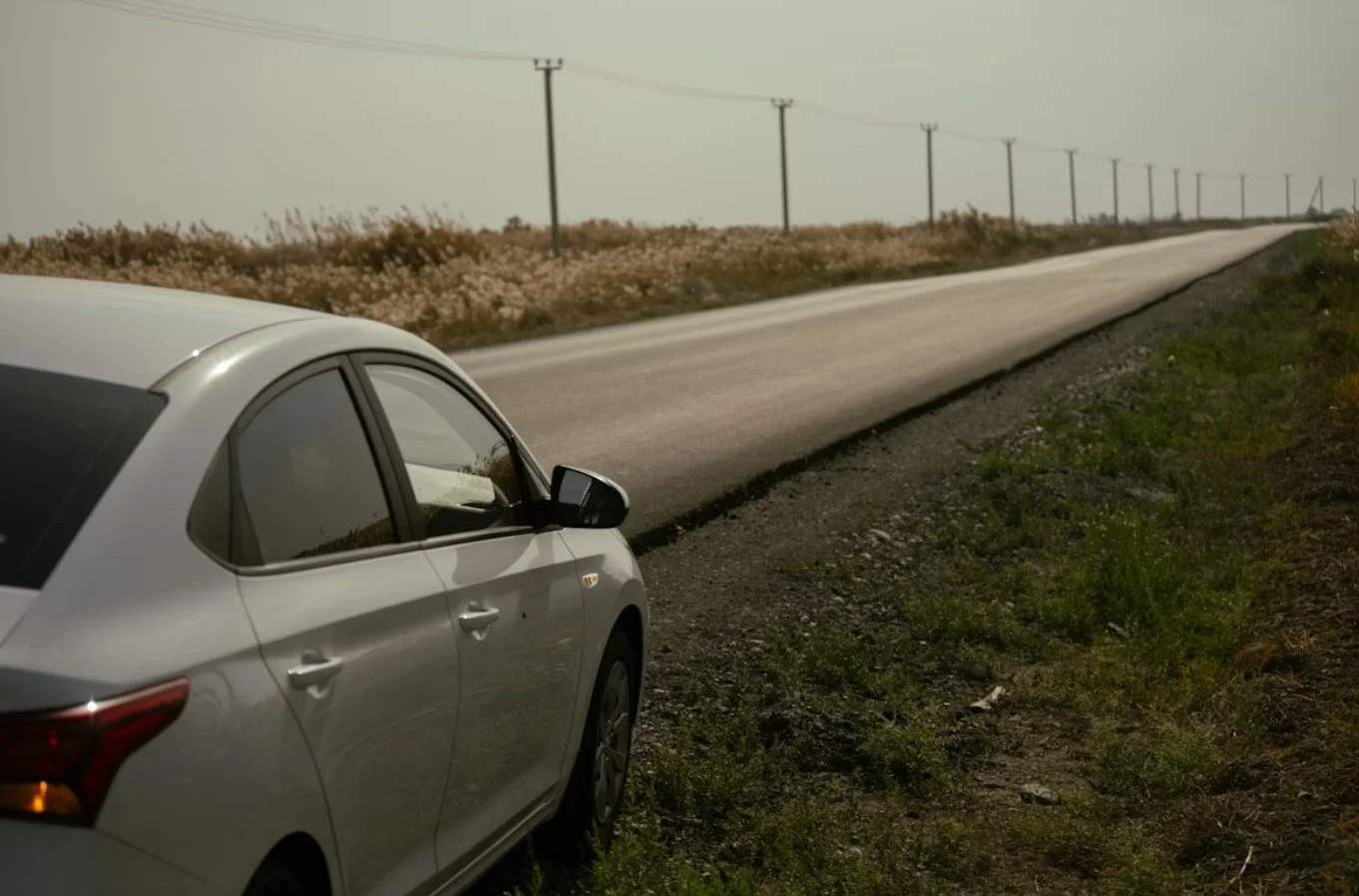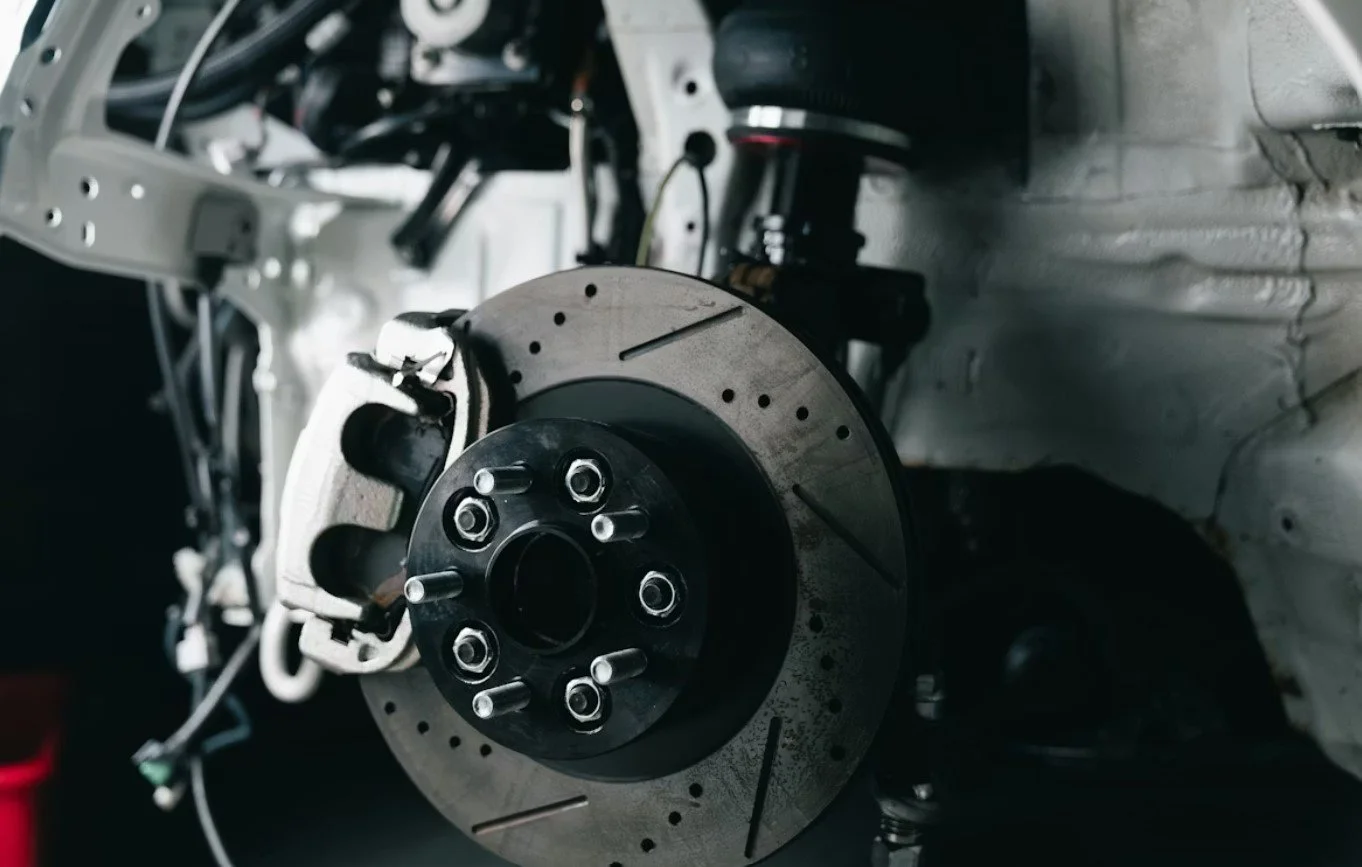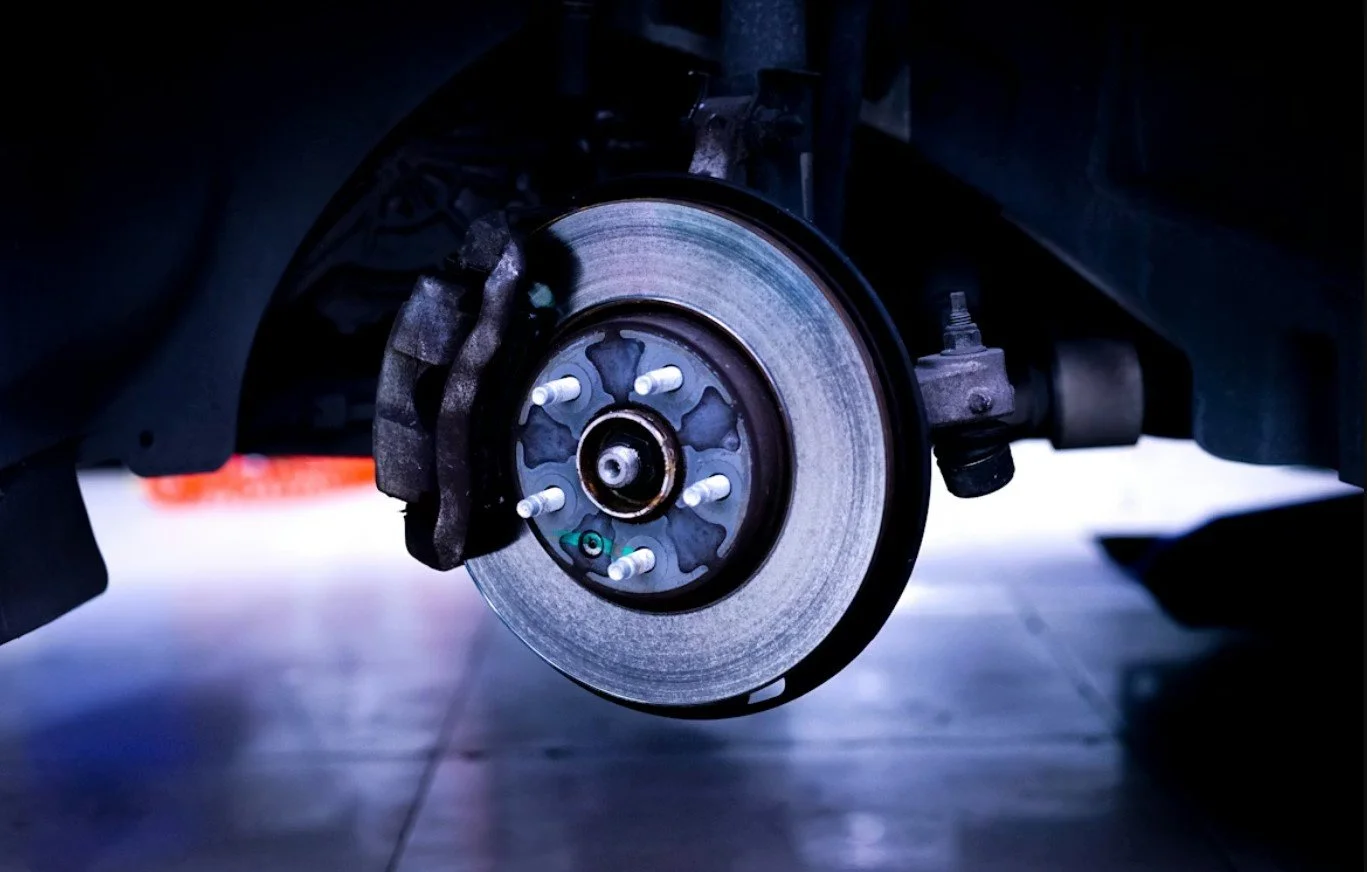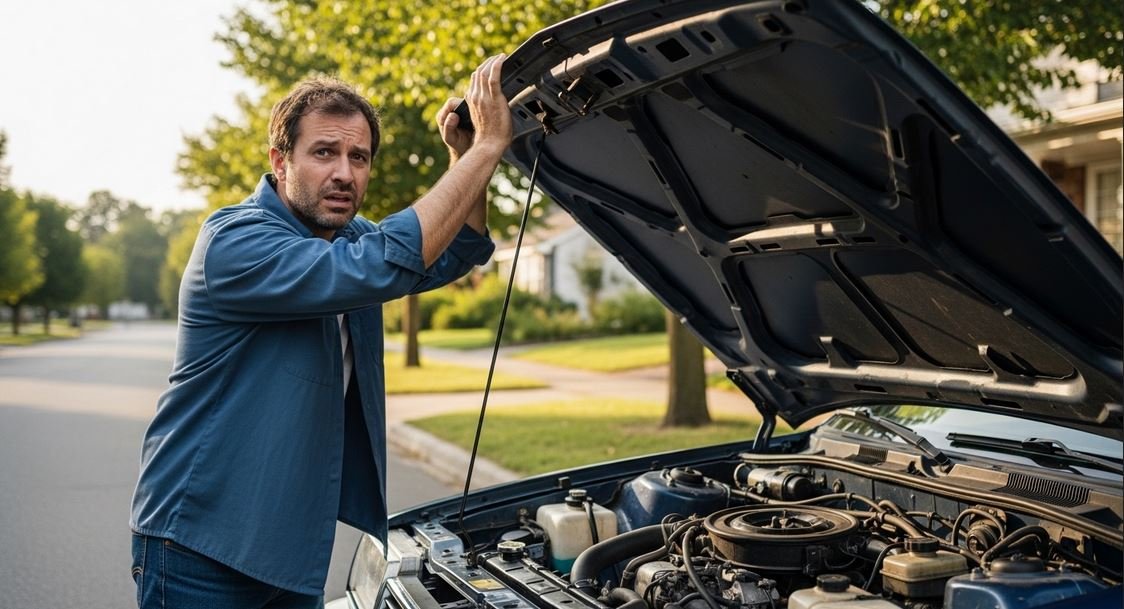When I Sell a Car Do I Give Them the Registration?
Did you know that there are 287.3 million registered vehicles in the United States as of 2020? According to Hedges & Company, the numbers increased and has 2.8 million difference compared to the vehicles registered last year. Those are the total number of cars roaming around across the country. Vehicle Registration in the US is required in all states, though the rules may vary. DMV registration as what they call it, helps the state determine who the vehicle owner is or if the vehicle has paid any fees or taxes. Registering your car is connected to the titling process. When you register, they will hand you a registration document, license plates, and a sticker for your vehicle. It serves as validation that your car is registered, which you can now drive within your state. The car registration fees are different in each state. In the state of Illinois, the total for a standard vehicle is $301 ($150 vehicle title + $151 registration/license plates). Driving an unregistered vehicle can result in a ticket, penalties, or possible impoundment. Apart from the documents needed in registering your vehicle, you must also prepare your pocket for the said fees. Since you are the ones who paid the vehicle registration, will you still need to give it to the new owner when you sell your vehicle?
Your Car Registration
alt=”A thinking man with a certificate of car registration and a red car in the background.”
Having your vehicle registered is vital and required by each state. The car registration is linked to you being its responsible owner. Any unpaid car taxes, fees, or even road violations will all be associated with you if failed to comply. Car registration can also help in solving an investigation or reporting misdemeanors. In conjunction to this, you or your co-owner are accountable for the said registration, and you should not hand it over to the buyer. How can you make sure that the car is no longer associated to you? In most states, if you sold a vehicle, its registration expires. You may cancel the registration and return your license plates to your State Division of Motor Vehicles if you will no longer use them. Canceling of registration can be done online in some states or may require you to visit a DMV office, especially if you are eligible for a refund. On the other hand, you can transfer your registration to a new vehicle. You will just need to apply it in your state DMV when you register your new vehicle, and of course, a transfer fee applies. Every state has a different process in transferring registrations, so it would be best to refer to your local DMV. In Illinois, the registration expires when you sell your vehicle, and there are no refunds for any registration credits. You may transfer your registration, by submitting the Application for Vehicle Transaction(s) (Form VSD 190) to Illinois Secretary of State. Otherwise, kindly return your registration and license plates to the Secretary of State if you will not use them. To sum it up, keep your registration document and your plates when selling a car (at least, applicable in most states.) Don't forget to check the process with your state DMV about registrations and license plates or check our blog on “What Do I Do With My Plates After I Sell My Car?”
Why Cancel Your Registration?
Make sure you don't miss to cancel the registration after selling your vehicle. It is required in most states. It will remove your liability on the vehicle if in case the new owner may have driving issues, road violations, or worse, getting involved in accidents (of course, we do not want that to happen.) It will keep you safe from legal concerns like not paying fees, taxes or not being able to register the vehicle. In other states, you can transfer the registration to a new car, pay transfer fees, or in some, you will need to register a new one for your acquired vehicle. Other states, will allow you to cancel your registration then reinstate it at a later time. If you plan to transfer the registration, check the process first online through your state DMV's website. It is good to know what forms you need to prepare before driving down to your local DMV office. It will definitely save you time and effort. Also, do not forget to update your car insurance company if you are acquiring a new vehicle. If not, cancel the registration first before canceling the insurance to avoid penalties. If the insurance is canceled first, the insurance company will notify the state DMV. They will also send you a notice advising you to agree in keeping the insurance and pay a fine. In correspondence to this, no further action will be taken against you as long as you continue to keep the insurance.
Need To Sell Your Car?
Are you having a hard time finding a car buyer? Enrique can help buy your car! “Sell your Car in Chicago with Enrique for Cash” is one of Chicago’s highest paying car buyers. Their process of buying a vehicle is not the same as the other car purchasers out there. One of his goals is to have the smoothest car buying transaction. All you have to do is call us at (224)236-7010 or sell a car online. You will need to provide some information about your car like its year, make and model, and if there are any mechanical or cosmetic issues. Let us also know your expected price. We will then reach out to you with an offer. Should you accept our offer, we will then schedule your car for a visit. Please know that we will come to your location and you do not need to bring the vehicle to us. On the day of the appointment, we will check your car and verify the details you have sent. After we verify your car, we will let you sign the paperwork and pay you by cash. We will then take the vehicle from your location. Sounds good? Yes! We look forward to bring you the utmost convenience in selling your car from the comforts of your home!
Call Us Today!
